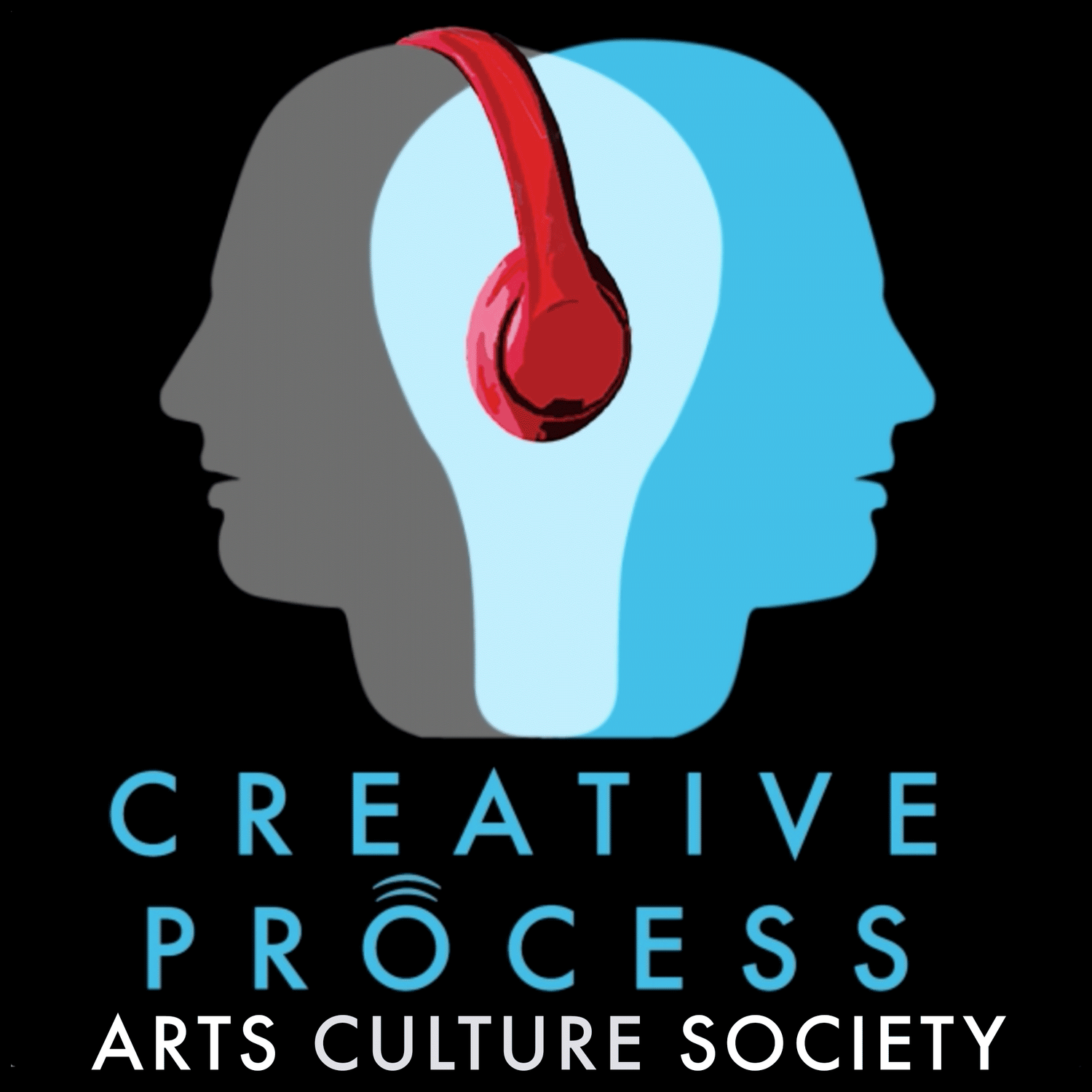How to achieve Optimal Well-Being with Emotional Intelligence - Highlights - DANIEL GOLEMAN
Description
“If you look at meditation, and you strip away the belief system, you find that essentially every meditation is attention training. It might be bringing your mind back to a mantra; some sound, or to your breath, or to a particular attentional stance. I like mindfulness of breathing, where you pay full attention to your in-breath, and to your out-breath, and then the next breath, the in-breath, and the out-breath. At some point, your mind is going to wander off. That's the way our minds are wired. But here's the key: When you notice your mind has wandered and you bring it back to the point of focus—to the next breath, for example—that's the moment of mindfulness. Attention training of this kind is really a beautiful avenue into the optimal state, where you're fully focused on what you're doing. And in this state, which is one of high creativity, people experience themselves as part of a web of connection. The connection may be to the artists who have gone before you, whose work you imbibe and build on, or the writers whose thoughts you're building on, or the people who are doing this with you, in whatever context that might be. Thich Nhat Hanh calls this interbeing; being fully connected and interdependent. I remember a dialogue from years ago, in the 80s, with the Dalai Lama and a group of psychologists, where he said: In my languages, Tibetan and Sanskrit, the word for compassion implies for yourself as well as for others. In English, it only focuses on others. He said, you need a new word in the English language—self compassion. Today, there's a rather robust field of research on that, but the Dalai Lama saw that gap way before, because he realized that our view of compassion didn't include first taking care of ourselves.”
More Episodes
“It gets back to this core question. I just wish I was a young scientist going into this because that's the question to answer: Why AI comes out with what it does. That's the burning question. It's like it's bigger than the origin of the universe to me as a scientist, and here's the reason why....
Published 05/14/24
Neil Johnson is a physics professor at George Washington University. His new initiative in Complexity and Data Science at the Dynamic Online Networks Lab combines cross-disciplinary fundamental research with data science to attack complex real-world problems. His research interests lie in the...
Published 05/14/24
“The creation of roads is this process that's sort of innate to all beings. You know, we're all sort of inclined to create and follow trails. We just do it at a much vaster and more permanent and destructive scale. I think we need to reconceive how we think about roads in some ways, right? I...
Published 05/09/24


